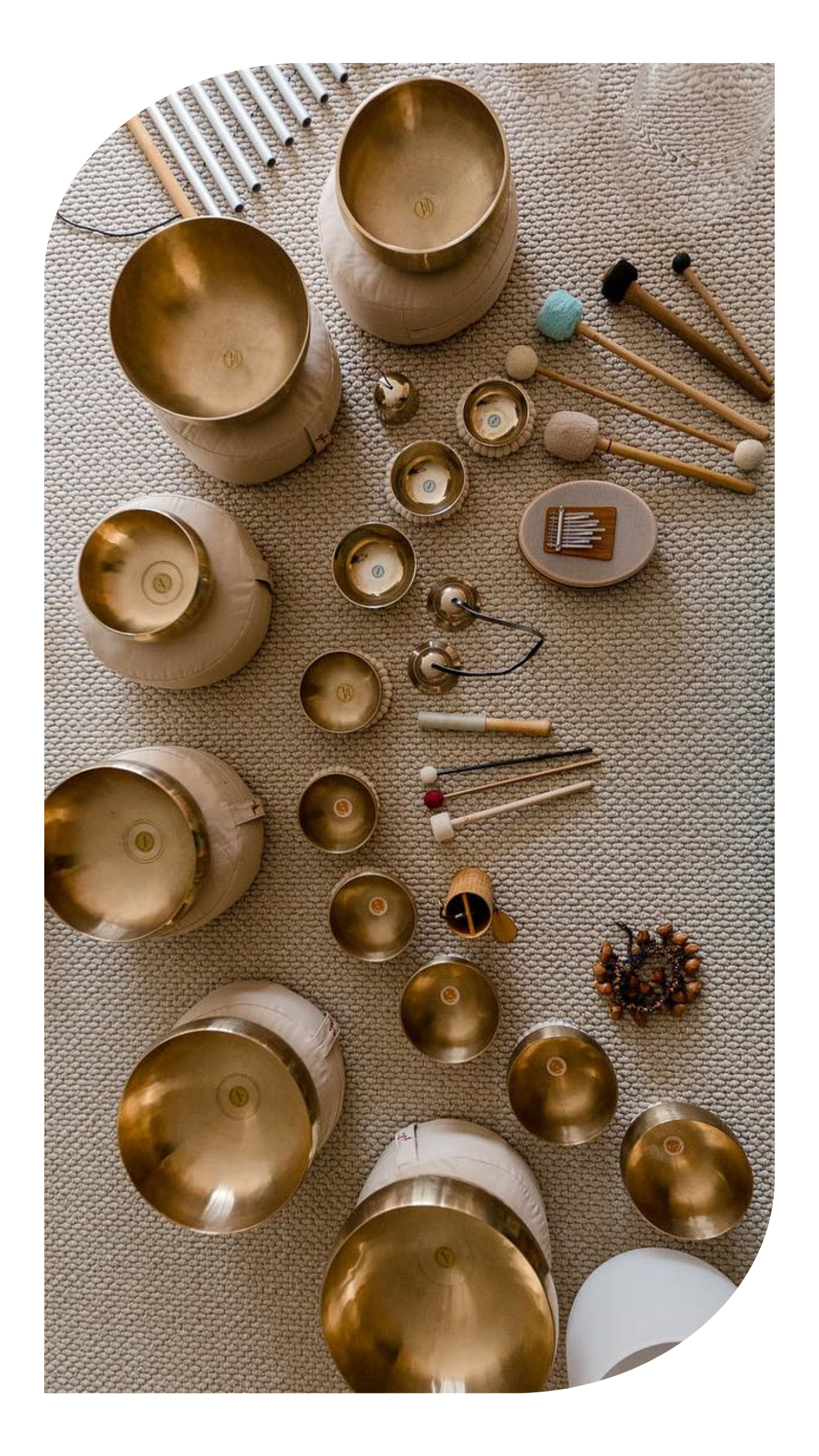BY GEMMA CROTTY
After cancer, survivors may be frustrated to find that they still experience certain side-effects, with one of these being decreased cognitive ability. According to cancer.net, this affects 70 per cent of patients during cancer, and may go on to impact one third of people after treatment.
Memory loss may be common when this occurs, and the severity of this varies among individuals, depending on certain factors. But generally, survivors who experience it may find themselves unable to think clearly or recall simple details on the spot.
However, there is hope for survivors who experience this issue as there are ways to combat it.
One of these ways is through learning a foreign language. Great for fighting against brain fog, learning a language can also be fun and provide survivors with a whole new skill set.
How can learning a foreign language help my memory?
Learning a second language has been proven to provide an excellent mental workout. According to Psychology Today, studies show that ‘language management calls upon executive functions such as attention control, cognitive inhibition, and working memory.’
Therefore, people who learn other languages not only have the advantage of a better working memory for general day-to-day matters, but are also better at analysing their surroundings, multitasking, and problem solving.
Science Daily observes that this is due to a larger amount of greater gray matter in the ‘frontal and parietal brain regions’ of bilinguals’ brains, which are areas associated with functions like short-term memory.
Is it too late for me to learn a language?
It is believed that you can gain these benefits at any age, as seen in a study that measured the cognitive ability of 853 bilingual and multilingual participants. They had all learnt foreign languages at various points in their life, and it was found that even those who acquired languages later in life still had significant cognitive advantages.
The study also recognised that you don’t have to be completely fluent as ‘many never reach native-like perfection.’
Further, an individual does not have to use a language frequently to reap the benefits, as ‘little difference was found between active and passive bilinguals.’ Therefore, it is believed that learning a second language leaves lasting cognitive effects, regardless of how much the language is used.
How can I get started?
The good thing about learning a second language is that there are no downsides, if you don’t include the amount of time and effort spent.
You should begin by setting realistic goals that will keep you motivated, such as learning a certain amount of words in a week, or studying for a specific amount of time each day.
Some methods of learning include:
- Making flashcards – These are a great way to learn vocabulary, and allow you to use spaced repetition, an effective way of remembering words and their meanings.
- Using apps – There are lots of good language apps out there, some requiring a monthly subscription like FluentU, and others offering content for free like Duolingo.
- Taking a course- There are online and in-person courses for language learning, so if you’re committed, it can be beneficial to have a structured mode of learning where you’ll have an instructor to guide you. The University of Western Australia currently offers language classes in over eight languages via Access UWA.
Gemma Crotty is a volunteer blog writer for Solaris Cancer Centre from her home in Melbourne. Currently studying a Graduate Diploma in Communication at La Trobe University, she is considering a career in communications or journalism. Gemma has a strong humanities research background from her Bachelor of Liberal Arts in Sydney. She has a keen passion for writing and likes to find new ways to hone her skills and connect to others through her words.






